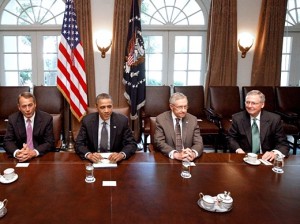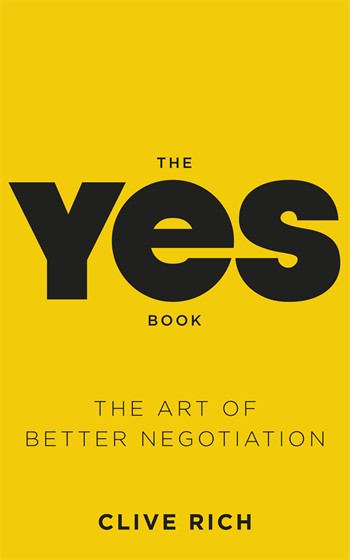 As predicted by this blog, a fudged deal got done by Republicans and Democrats in order to avoid the potential disaster of a US debt default. It was inevitable that this kind of arrangement would leave everybody equally unhappy. Not enough has been pledged as a cut from the debt either to satisfy Republicans or financial markets scrutinising the probability of future US debt crisis.
As predicted by this blog, a fudged deal got done by Republicans and Democrats in order to avoid the potential disaster of a US debt default. It was inevitable that this kind of arrangement would leave everybody equally unhappy. Not enough has been pledged as a cut from the debt either to satisfy Republicans or financial markets scrutinising the probability of future US debt crisis.
The reaction of the markets since the announcement of the deal tells you everything you need to know about their ongoing concerns. For the democrats, the concern is that too much has been promised by way of cuts, which will affect a whole host of social, health and welfare programmes, hence the wave of criticisms directed at Obama by his own party.
One thing that was noticeable about the negotiations was that they were conducted in a very public manner – with each party declaiming its position repeatedly to the media. This kind of public negotiation makes it hard for parties to step away from their adopted positions for fear of losing face. Negotiations that take place behind closed doors give all sides much more flexibility.
The other problem is that both parties seemed to use exclusively “push” negotiating behaviour focused solely on their own agenda. So there was a lot of “stating of expectations” and “proposing with reasons” as each side sought to justify its own position. Each side used the deadline “pressure” tactic to try and force concessions out of the other. Each side relentlessly “tested and probed” the other side’s negotiating position.
“Push” behaviour has its place in the negotiating repertoire, but it is never enough on its own. Other behaviours need to be mixed in: Some “pull” behaviours perhaps, like listening, exploring, or focusing on common ground, or some “joining” behaviour, like finding a common vision that transcends the differences between parties.
This crisis will blow up again – and probably sooner rather than later. When it does it will be interesting to see whether the parties have learned that they need to negotiate less one-dimensionally, and preferably not in public.

